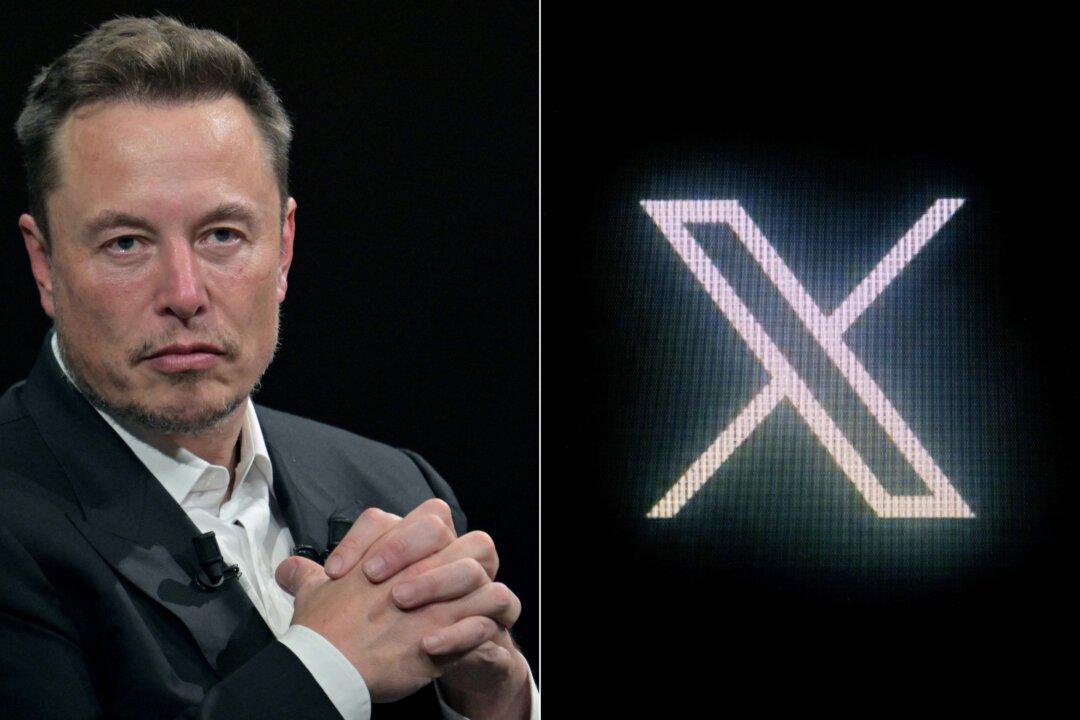Commentary
When the then head of the top electoral court in Brazil, Supreme Court Justice José Dias Toffoli, officially declared Jair Bolsonaro the winner of the 2018 presidential elections, he made this unusual pronouncement: “The future president must respect institutions, must respect democracy, the rule of law, the judiciary branch, the National Congress, and the legislative branch.” Those remarks were taken to be a rebuke of the new president’s conservative views.





